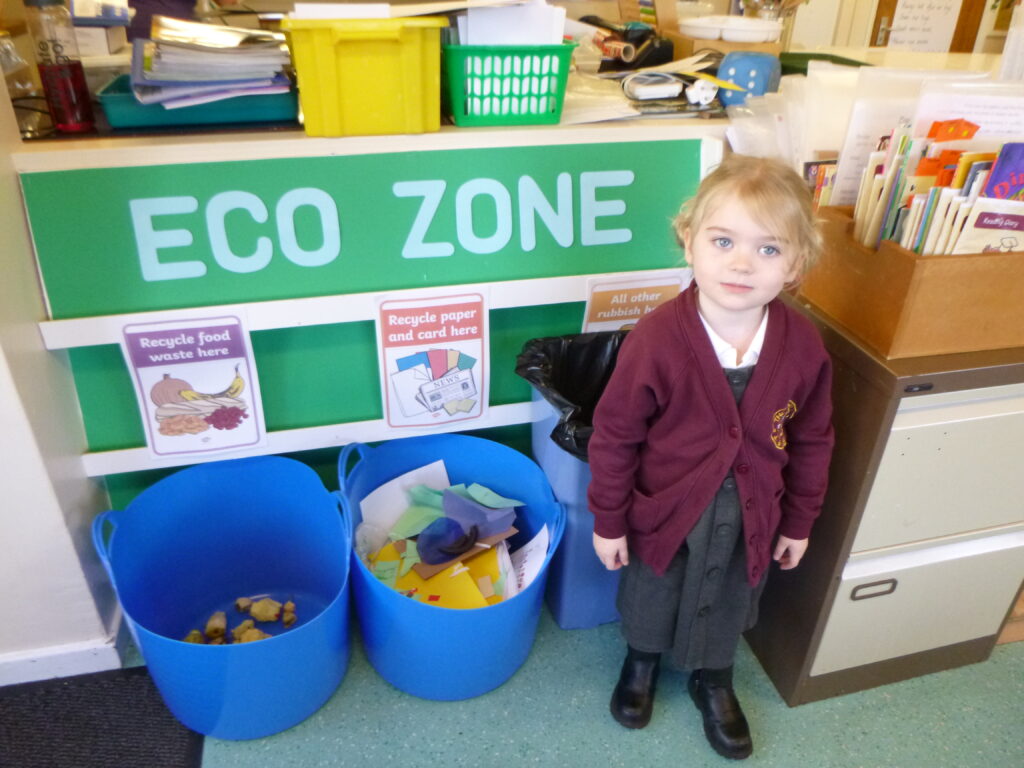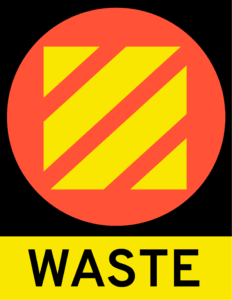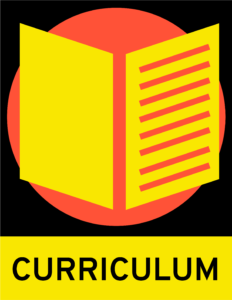Explore the Let’s Go Zero map to see where else teachers, students and school communities are taking action to become zero carbon by 2030.
Let’s Go Zero school action:
Thornhill J&I School – West Yorkshire, England
Thornhill J&I is a semi-rural school that seeks to become sustainable with the collaboration of students, teachers, and the community:
- Creating Eco-Councils, Eco-zones and awarding environmental initiatives.
- Encouraging composting and gardening with students.
- Collaborating with the wider community with food banks and second-hand clothes fairs.
- The school is part of the Walk to School scheme, awarding walking and cycling as a transport alternatives.

The teachers and students leading the action:
“We want to leave something for our children, it’s their future that is important to us. We are all a part of nature, so if children grow up with a respect for nature, if they care for nature, then they are more able to respect and care for themselves and each other.”
Kate Popplewell
Educational Teaching Assistant

What are they doing in their school?

The school is part of the Living Streets scheme: Walk to School. Every student that walks or cycles regularly to school earns a badge.

The children have recycling paper bins in each classroom that the local authority then collects. The school started composting fruit waste; every classroom has a tub where students put their food waste after snack time. Additionally, the main compost bin is in the quad garden for the following summer when they start gardening.

The school has a large field and an orchard on the edge of the field. Teachers run a gardening club in the quad garden in the middle of the classrooms during summertime.
They run a food bank for the community every Thursday with donations from the local supermarkets. They also held a second-hand uniform and winter clothes shop; all the clothes are free.

The school has signed the light switches to remind people to switch them off. Another energy-saving strategy is the lights having a specific key to turn them on, they automatically go off after a certain time.

Each classroom has dedicated displays about the environment and the eco council over the recycling bins. The “Eco Zone” becomes an area for the children to get information as it is filled with posters and facts about climate change.

Students are involved in “Eco-Councils”; two children from each group have the opportunity to be eco-councilors for the whole year. This includes meetings, discussions, organizing activities, and many other tasks.
The school also implemented a “Green Welly”, an award for the greenest classroom.